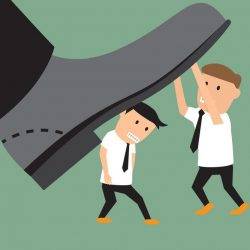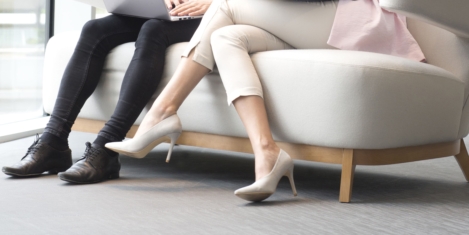March 1, 2019
National Employee Appreciation Day? What a joke!
 Today is (apparently) a hot new date for all employers’ calendars as we ‘celebrate’ National Employee Appreciation Day. This US import seems to be finding feet in UK workplaces as employers plan to hand out freebies, gifts and perks to their hard-working staff. We all like to receive a thank-you, and likely won’t turn down free cakes, boxes of chocolates, or an early-finish. However, ‘moments’ like these do nothing to improve employment conditions. They are often nothing more than hollow gestures, designed to show the outside world how great an employer is rather than demonstrate true appreciation.
Today is (apparently) a hot new date for all employers’ calendars as we ‘celebrate’ National Employee Appreciation Day. This US import seems to be finding feet in UK workplaces as employers plan to hand out freebies, gifts and perks to their hard-working staff. We all like to receive a thank-you, and likely won’t turn down free cakes, boxes of chocolates, or an early-finish. However, ‘moments’ like these do nothing to improve employment conditions. They are often nothing more than hollow gestures, designed to show the outside world how great an employer is rather than demonstrate true appreciation.












 With the rise of both cloud-based technology and the worldwide gig economy, the last ten years of the 21st century have seen some near-revolutionary changes in workplace practice. Entrepreneurs everywhere have been more than happy to make use of these developments, taking advantage of the new business models these changes have brought. For example, IDG found that
With the rise of both cloud-based technology and the worldwide gig economy, the last ten years of the 21st century have seen some near-revolutionary changes in workplace practice. Entrepreneurs everywhere have been more than happy to make use of these developments, taking advantage of the new business models these changes have brought. For example, IDG found that 






















March 4, 2019
Filtering out the noise, the pathology of work, busy doin muffin and some other stuff
by Mark Eltringham • Comment, Features
(more…)